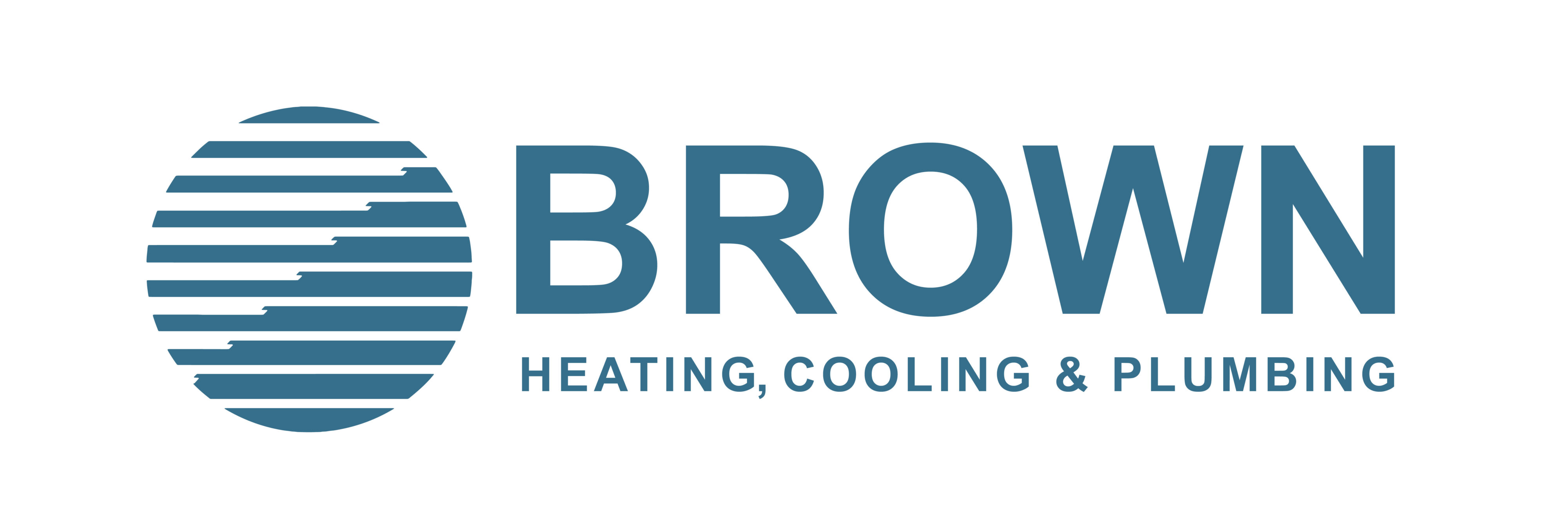Most folks feel that as long as their heater is functioning, things are as good as they get. However, the fact is your heater could be running well enough to heat your home, but there may be underlying problems. Your home’s heating system could be running inefficiently. It may be losing heat, reducing your home’s indoor air quality or running up your energy bills. Brown Heating, Cooling & Plumbing is here to help you make sense of heater efficiency.
Not all heaters are built the same and not all units work as efficiently as they could. Understanding more about your heater and what you can do to make it run its best can improve your quality of life. You and your family can live more comfortably, experience less illness in general and you may save money on utilities over time. The first step toward understanding what makes a heater efficient is becoming familiar with your own heating system.
An Energy-Efficient Heater
All home heating systems are built with efficiency in mind. Every unit is rated based on how it converts fuel to energy and every model is given an estimated life span. Some basic considerations to take into account when determining your heater’s efficiency:
- Annual Fuel Utilization Efficiency (AFUE) rating. This is a measurement of how your heater converts fuel into energy. An 80% AFUE rating has been determined to be effective for most climates. Residents of Hueytown and surrounding areas should equip a heater with at least an 80% AFUE since winters are usually mild.
- Age of heater. On average, home heating systems are designed to last at least 15 years. As the heater ages, it becomes less efficient and requires more frequent repairs and maintenance.
- Fluctuating energy costs. Keep an eye on your energy bills and compare your costs from year to year. If your energy bills keep rising, it may be a sign that your heater is inefficient.
Increase Energy Efficiency
Even if your heater is near or past its 15-year mark, or does not have the highest AFUE rating, you still have options. To make your heater more energy efficient, consider the following:
- Regular maintenance. Scheduling a heater tune-up ensures that your heater is receiving adequate airflow. Build-up of dust and soot, damaged or broken parts and worn out elements can all affect your heater’s efficiency. Make sure your heater is running at its best by scheduling regular maintenance.
- Change air filters. This is a task that you can do without having to rely on a professional. Double-check that your clean replacement filter is the correct size and type. Remember that not all heaters are equipped to use HEPA filters. Clean filters improve your home’s indoor air quality, allow air to move more easily through your system and can reduce indoor pollutants.
- Upgrade to a higher efficiency model. If it is time to replace your heater, consider investing in a heating system with a high AFUE rating. A heater that converts fuel more efficiently will use less energy to heat your space and lower utility costs.
- Weatherize your home. Heat may leak out of your home through cracks and gaps. Check that your windows and doors are properly sealed by weatherstripping the gaps to keep out drafts.
- Invest in a programmable or smart thermostat. If programmed correctly, your heating system will adjust to your household’s habits and learn when the space is occupied and unoccupied. You will no longer waste money heating your space when no one is home.
Maintenance and Heater Efficiency
An efficient heater keeps your space warm, filters common household pollutants and does not waste energy. Regular maintenance keeps your heater running at its best. For questions about heater efficiency or to schedule heater maintenance, contact Brown Heating, Cooling & Plumbing today.





